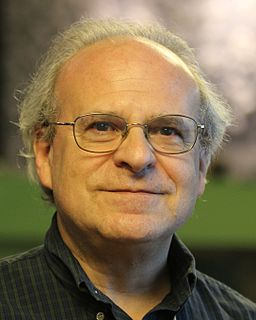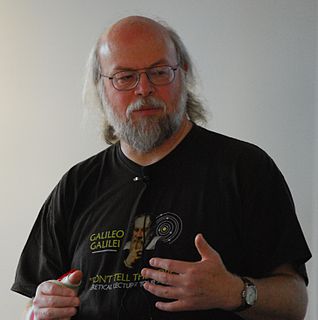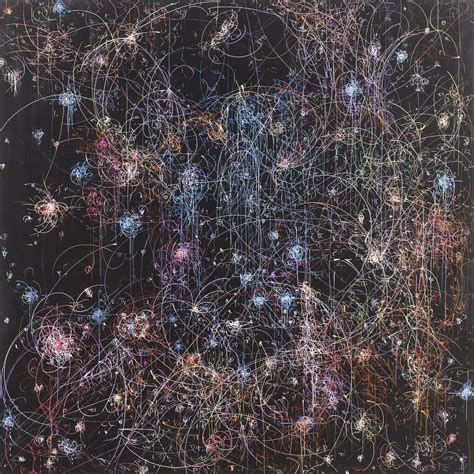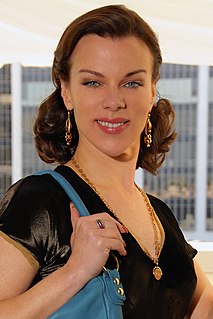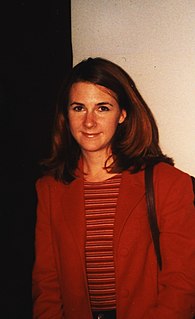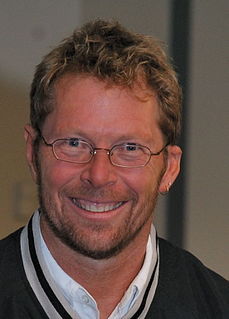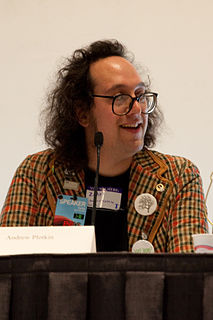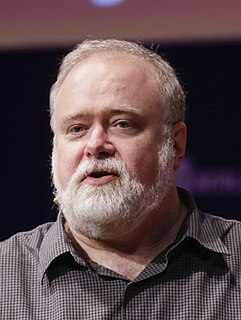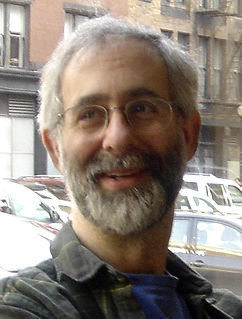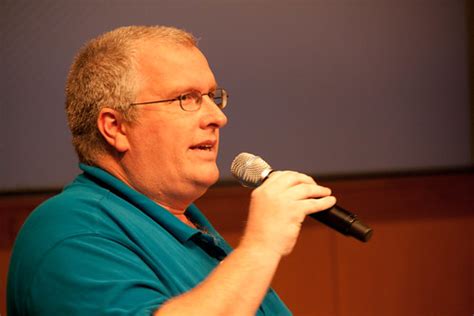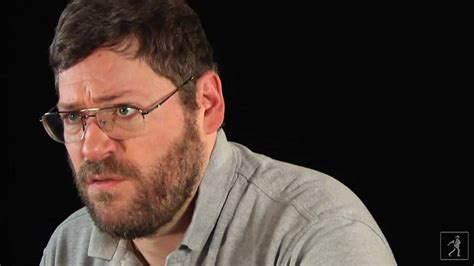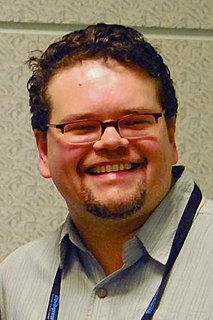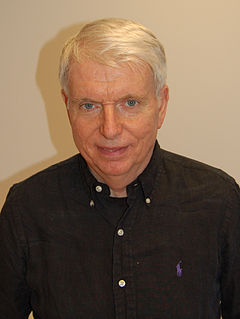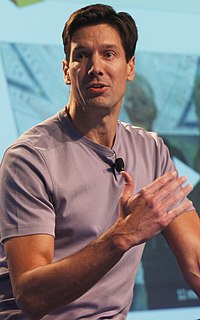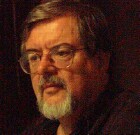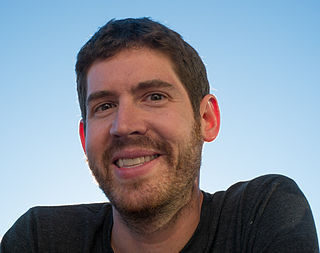A Quote by Bob Frankston
Reusing pieces of code is like picking off sentences from other people's stories and trying to make a magazine article.
Related Quotes
I was kind of amazed because I first found out about blue boxes in an article in Esquire magazine labeled fiction. That article was the most truthful article I've ever read in my life... That article was so truthful, and it told about a mistake in the phone company that let you dial phone calls anywhere in the world. What an amazing thing to discover.
I'm not trying to create an aesthetic that's my own; I'm trying to create a way understanding things through drawing and painting. That's the common thread. Things can look different, but that's not what's important. What's important is the process is the same, the ideas are the same, I'm using the same building blocks, but they're different. The larger framework is the same; it's the pieces that change. For me, it's about these different elements, but you're still fitting them together into sentences, words, paragraphs, and stories.
You look at, like, a 'People' magazine, which used to be a really good, you know, nice magazine you could go to for real stories. It wasn't like a 'Star' or an 'US Weekly' and they have somebody with plastic surgery on the cover, Heidi Montag. And it's obviously what consumers want, because why else would they be doing it?
In period pieces or genre pieces, those have to be set in historical truths. But, science fiction has different game pieces. And with those game pieces come other stories we're not familiar with. So, science fiction teaches us how to relate to outsiders, to foreigners, and to not approach any of that with fear, but a genuine curiosity.
Music needs to have a real sacred setting for people to understand it. You've got to start things off with friends who are like-minded or even strangers that are like-minded. Sending your music to established artists or labels or magazine, I mean there is something to be said for tenacity, for trying to pursue recognition that way, but it just doesn't make sense for the best work. And if you do make an amazing work, it's sometimes not the best way to be heard. You have to get on a sacred space, like a stage, and do your testifying that way.
